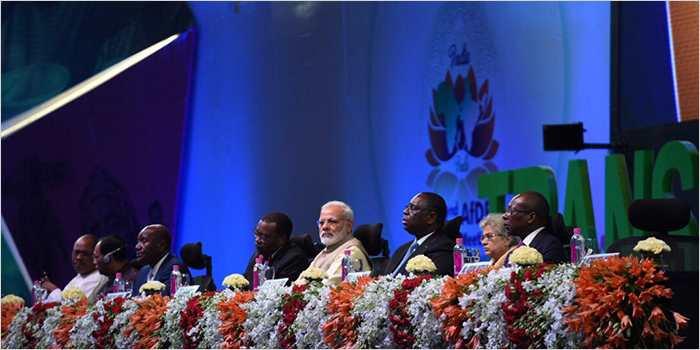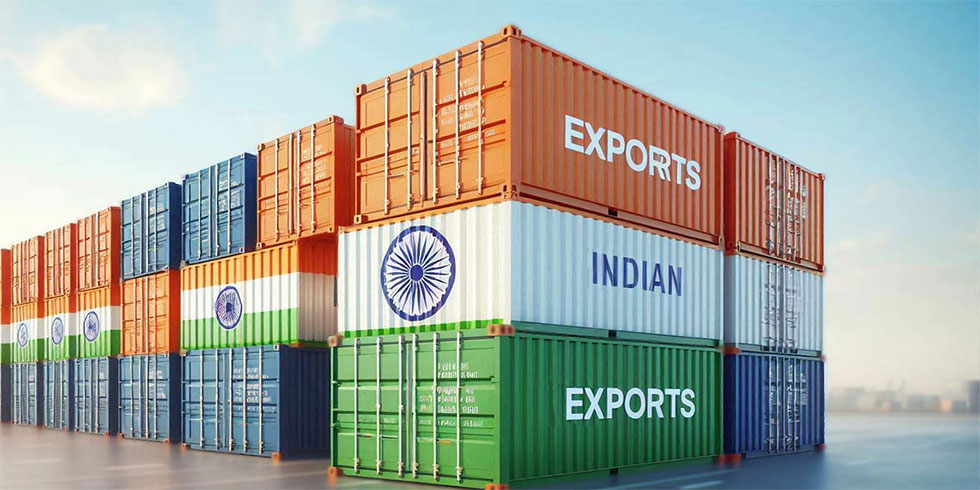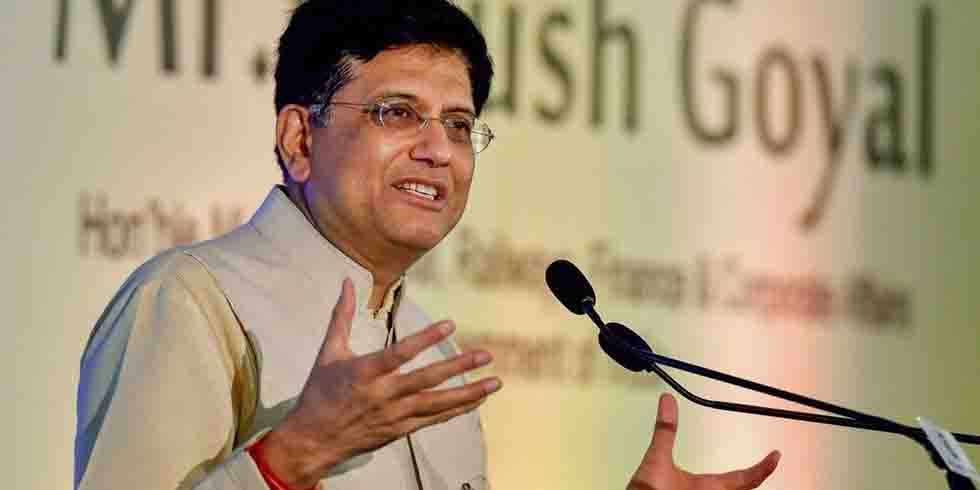In his recent visit to the East African region Prime Minister Modi spoke about open markets and easier trade between Africa and India - He said, “We will keep our markets open and make it easier and more attractive to trade with India. We will support our industry to invest in Africa,” he said.
Last Year, Finance Minister Arun Jaitley at the 52nd annual general meeting of the African Development Bank (AfDB) at Gandhinagar said that India’s renwed sustained effort is making an impact on Africa. Looking back at the progress made India had announced greenfield projects the percentage of which grew from 3.3% in 2003-08 to 6.1% in 2009-15. In the same period, the investment from China also decreased from 4.9% to 3.3%. Both Prime Minister Modi and Mr. Jaitley’s statements indicate that India which stepped back a bit from African market after 2000 has now become a dominant economic partner of Africa competing directly with China.
Although, Indian FDI in Africa might have a spurious element because of Mauritius, which has been known to be a round-tripping destination for bringing back money as FDI into India. Centre for Monitoring Indian Economy released data that shows that outward FDI from India to Mauritius was accounted for 17% of total outbound FDI from India. Mauritius also accounted for 31% of FDI inflows into India during this period. It is expected that this number would decline after India signed a double tax avoidance agreement with Mauritius.
The statistics according to the latest World Investment Report published by the United Nations Conference on Trade and Development (UNCTAD), China’s total FDI in Africa is much more than that of India. In terms of FDI India and China were minuscule players in Africa, and India was ahead of China till 2009. However, this changed due to a policy change in Bejing, China has surged much ahead of India between 2009 and 2014, latest figure for which data is available. Even though on paper India is not the biggest investor in Africa, it is not an insignificant player by any means. Statistics released in the African Economic Outlook 2017 recognise that India is ranked second after China in terms of trade volume with Africa. However, there is still a wide gap since it is known that the actual value of trade with China’s total trade with Africa is more than 2.6 times its trade with India in 2015. Interestingly, both India and China were in terms of total value of trade with Africa in 2000, at par with each other.
An earlier study which had looked at the trading pattern of India and China with Africa had found that increasing trade of the two major Asian economies has been accompanied with import of raw materials from Africa and export of finished products to the continent. The study also argued that just the fact that this pattern was also observed during the colonial period, did not necessarily mean that Indian and Chinese capital in Africa was unleashing colonial exploitation like earlier times. Another point was that while Chinese FDI has been accused of bringing in a lot of Chinese labour, which means that a large amount of earnings are repatriated, India’s relatively small presence might have saved it from a greater scrutiny. With increasing economic engagement, the future of India-Africa ties depends on not just quantitative factors such as trade and investment, but also a strategy that is needed to convince the African people that engaging with India economically would be mutually and qualitatively beneficial.
India is now giving sustained attention to Africa. This is displayed in the opening of diplomatic missions on the continent as well as regular high-level political interactions. India is promising loans on easy terms to those nations willing to trade with India and is contributing to education, railways and peacekeeping. India has substantially increased its aid and assistance to African countries as well.










Add Comment